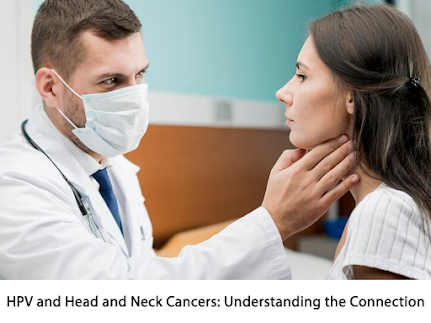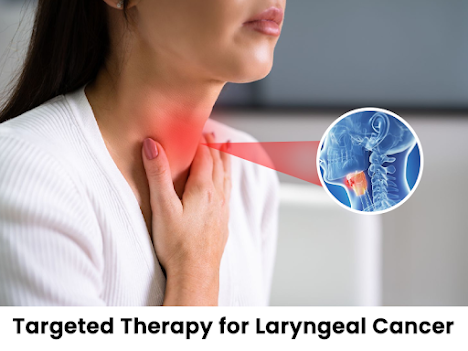HPV and Head and Neck Cancers: Understanding the Connection
What is HPV?
HPV is a group of viruses that can be transmitted through skin-to-skin contact, including sexual contact. There are many different types of HPV, some of which can cause genital warts or lead to various cancers, including cervical, anal and head and neck cancers.
HPV and Head and Neck Cancers
Head and neck cancers can occur in the mouth, throat, voice box (larynx), salivary glands, nose and sinuses. HPV-related head and neck cancers often develop in the oropharynx, which includes the back of the throat, base of the tongue and tonsils.
Risk Factors
HPV infection: Infections with certain types of HPV, particularly HPV-16 and HPV-18, are strongly associated with the development of head and neck cancers.
Sexual activity: Engaging in oral sex with an HPV-infected partner increases the risk of HPV-related head and neck cancers.
Tobacco and alcohol use: While tobacco and alcohol are traditional risk factors for head and neck cancers, their association with HPV-related cancers may differ. However, smoking and heavy alcohol consumption can weaken the immune system, making it harder for the body to fight off HPV infections.
Age and gender: HPV-related head and neck cancers tend to affect younger individuals, particularly men.
Symptoms
Symptoms of head and neck cancers can vary depending on the location and stage of the cancer. Common symptoms may include:
Changes in voice or hoarseness
Difficulty swallowing
Ear pain
Lump in the neck
Persistent cough or coughing up blood
Persistent sore throat
Prevention and Early Detection
Preventing HPV infection is the best way to reduce the risk of HPV-related head and neck cancers. Practicing safe sex and limiting the number of sexual partners can help reduce the risk of HPV transmission. Early detection through regular dental check-ups and screenings is crucial for improving outcomes.
Understanding the connection between HPV and head and neck cancers highlights the importance of vaccination, safe sexual practices and regular screenings. By taking proactive measures, individuals can reduce their risk of HPV-related cancers and improve their overall health and well-being. To know more, contact with the best oncologist doctor in Kolkata.




Comments
Post a Comment